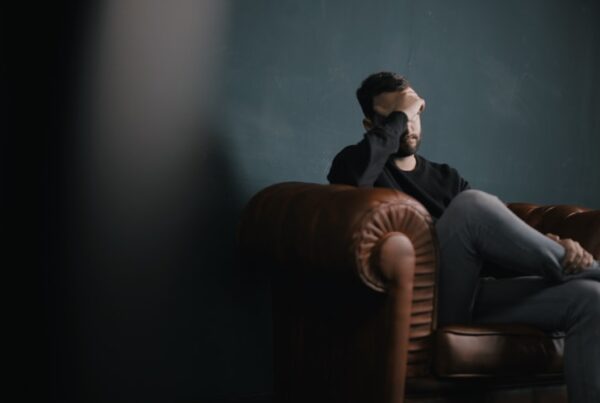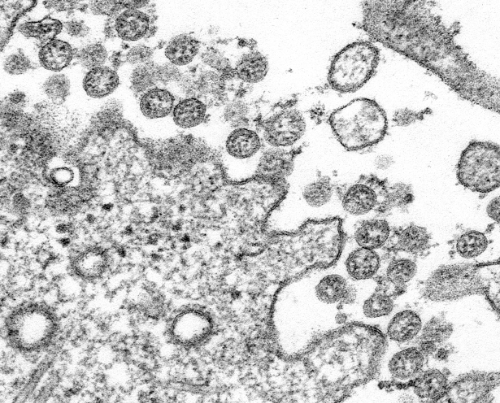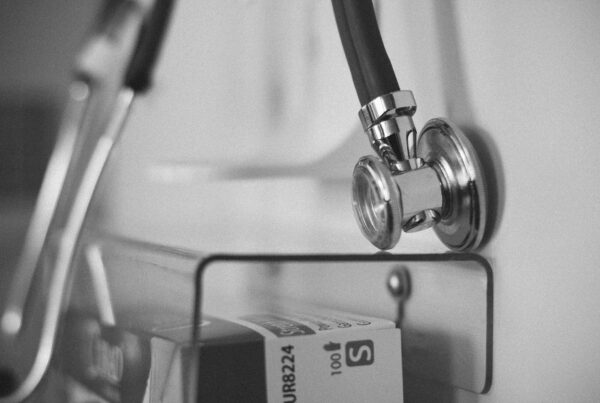
Gastroparesis: A Summary of the Condition
February 24, 2021
Gastroparesis: A Summary of the Condition
Gastroparesis is a condition in which the stomach is unable to empty normally. Read along…





Recent Comments